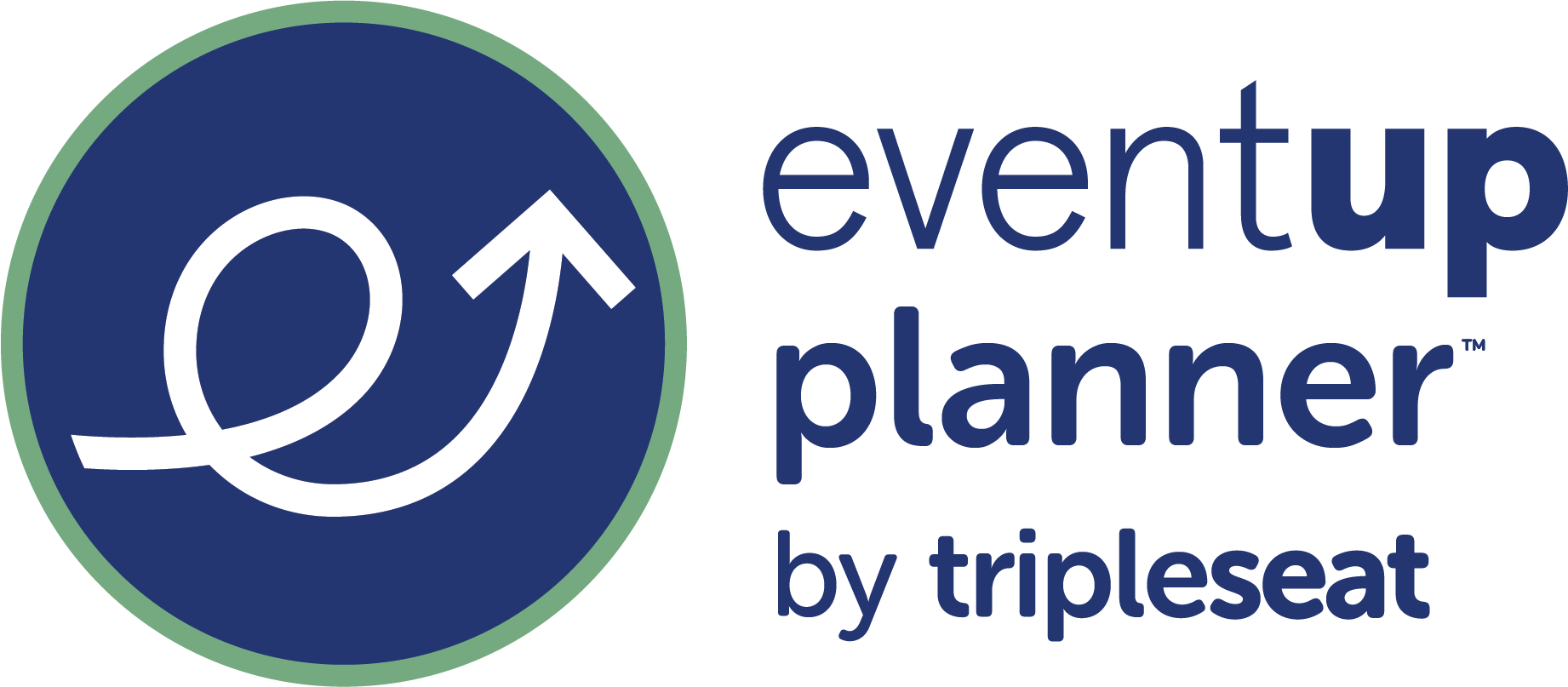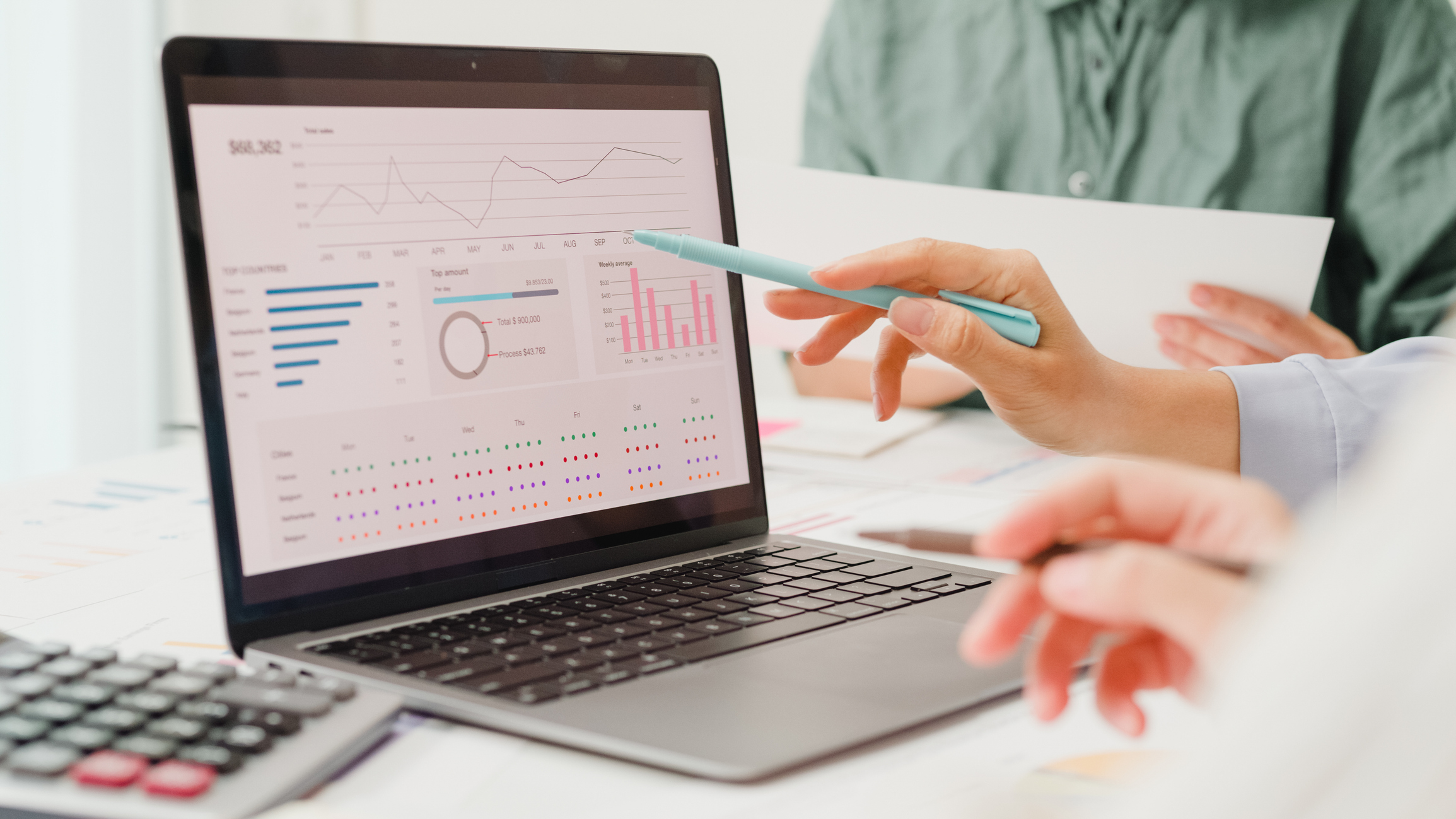Nothing beats the feeling of hosting an event that went off without a hitch—especially since planning, coordinating, and managing a successful event takes a lot of hard work, education, and resources.
However, when the doors are closed or attendees log off, there’s still work to be done. It’s important to evaluate the event, analyze event metrics, and collect the data necessary to make improvements to and decisions about future events. Whether you’re organizing a conference, hosting a small community gathering, or coordinating a virtual town hall, the right event reporting and analytics software will help you measure the success of your event.
The Importance of Event Reporting
Creating event reports, tracking event metrics, and analyzing the results are all essential to event planning and management.
By measuring the success of an event, event organizers can use data to learn from their experience, spot trends and patterns, set realistic goals based on past event performance, and gain deeper insights into how attendees engage with their events.
Event reports also provide event planners with a variety of other benefits:
Evaluate Event Performance
Tracking event metrics and analyzing event data can determine whether your event achieved its goals as well as help establish objectives for future events.
Learn What’s Working (& What’s Not)
During an event, you can track metrics like attendance, participation levels, complaints, social media reach, and average spending to get an idea of what is working—and what needs to be improved.
Demonstrate the Value of the Event
After the event, who are you reporting to: your boss, clients, investors, or other stakeholders? With event reporting data analytics, you can show the tangible benefits of the event and calculate their return on investment (ROI).
Improve Attendee Experience
Reporting, data collection, and analysis gives you the opportunity to get feedback from attendees. With this valuable data, you can enhance and refine the attendee experience and improve future events.
16 Key Event Metrics to Report & Analyze
Every event is different, and the metrics you track to measure success will depend on the specifics of the event.
However, consider collecting both quantitative and qualitative metrics. Quantitative metrics like attendance and revenue as well as qualitative metrics like attendee satisfaction and engagement levels are both essential parts of evaluating the success of an event.
Here are a few of the most common event metrics that event organizers use to create reports, analyze data, and evaluate event performance.
1. Number of Registrants or Tickets Purchased
The number of registrants or tickets purchased represents the number of individuals who signed up to attend the event.
2. Total Attendance
Total attendance is a vitally important metric that tracks the number of people who checked-in at the event. This number should include both in-person and virtual attendees, if relevant.
3. Registrant Conversion Rate
It’s not uncommon for some registrants to miss the event. The registrant conversion rate is the percentage of people who registered and actually attended the event.
4. Attendee Demographics
Depending on your event management software, you may be able to analyze attendee demographic metrics such as age, gender, location, industry, and more to get a deeper understanding of your audience.
5. Gross Revenue
Gross revenue, also called total revenue, captures the revenue earned from the event, including ticket sales, sponsorships, merchandise, and other event revenue streams. This metric does not take into account how much money was spent on the event—just the revenue gained.
6. Return on Investment (ROI)
Event ROI is the net revenue, calculated by deducting overhead costs from the gross revenue. This net figure represents the actual financial performance of the event.
7. Budget Variance
How much did you budget for the event? How much did you end up spending? Budget variance measures the difference between these two numbers to evaluate financial planning and management.
8. Cost per Attendee
You can also calculate the cost per attendee to understand the average expenses related to each event participant.
9. Social Media Engagement & Reach
Social media metrics measure the engagement and reach of the event on social media. Data could include likes, shares, comments, hashtag use, followers, hits, and more to see how many people saw and interacted with the event across social platforms.
10. Website Traffic
Do you have an event website? Or an event page on another website? Track website traffic before, during, and after the event to measure audience interest and engagement.
11. Mobile App Downloads & Activity
If the event has a mobile event app, you can monitor the number of app downloads as well as user activity to get a better idea of attendee engagement.
12. Engagement & Participation Levels
Tracking participation and engagement levels identifies the parts of the event that resonated the most with attendees and helps determine areas they didn’t like. Focus on an individual session or workshop or take a big picture view to get more insights.
13. Number of Complaints & Issues Logged
What problems were reported during the event, either on-site or online? Were there any recurring issues you need to address before your next event? This data helps identify areas of concern.
14. Leads Generated
For networking or sales events like trade shows, product launches, conferences, and fundraisers, getting new leads is vitally important. Track the number and quality of leads or contacts collected throughout the event.
15. Attendee Satisfaction
With surveys, polls, quizzes, and interviews, you can measure attendee satisfaction. Use open-ended questions to gather qualitative feedback and standardized rating scales to get qualitative scores. This data provides a deeper understanding of audience satisfaction.
16. Product Sales
Successful events tend to lead to improved brand recognition—which should impact sales. Track post-event product sales to see if there is a spike directly after the event.
EventUp Planner: Track, Measure, & Analyze Events with Ease
Looking for an event planning partner? We’re here to help.
EventUp Planner is comprehensive event management and reporting software for event planners, organizers, and managers that is designed to streamline the entire events journey. With a range of event reporting features, support for hybrid, virtual, and in-person events, and a customizable interface, EventUp Planner is ready to help you plan and manage all your events in one intuitive platform.
Book a free call with our team today to learn more about how EventUp Planner’s complete event management and reporting software platform can transform your event experience.

